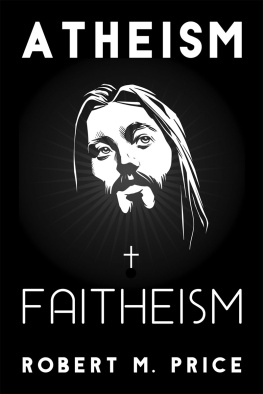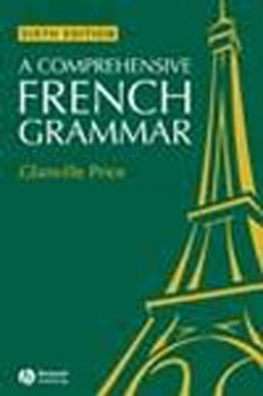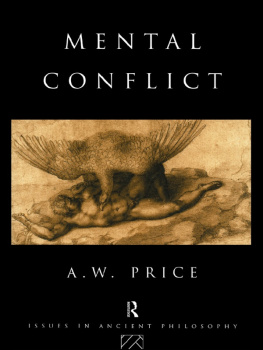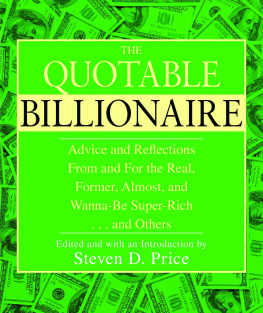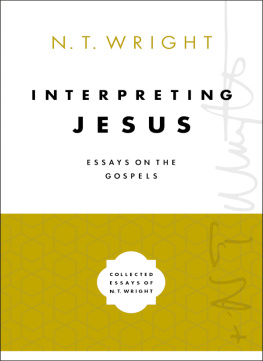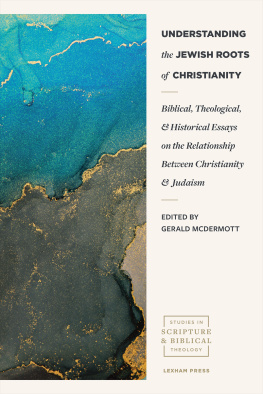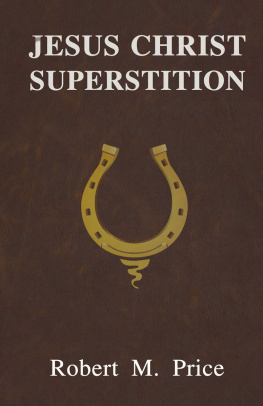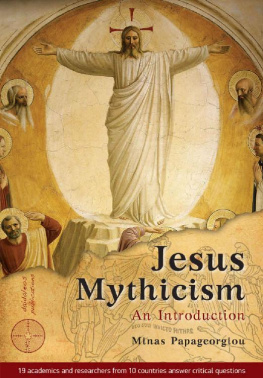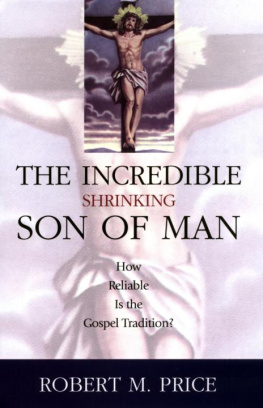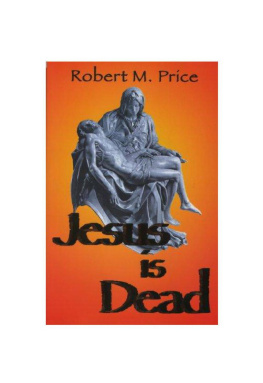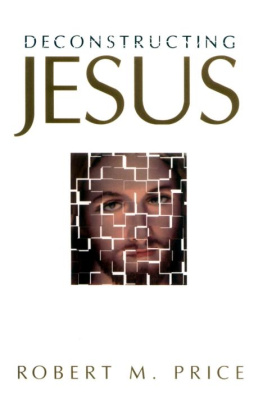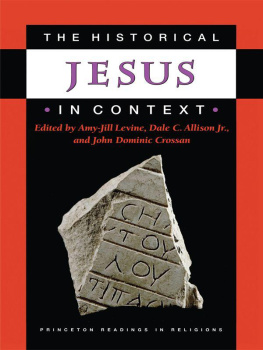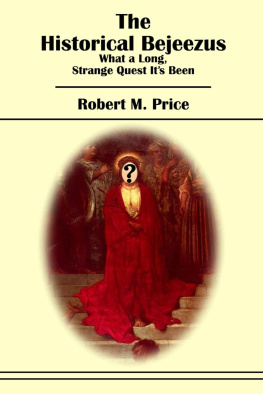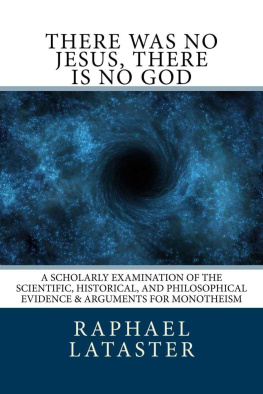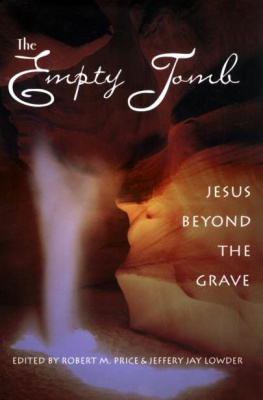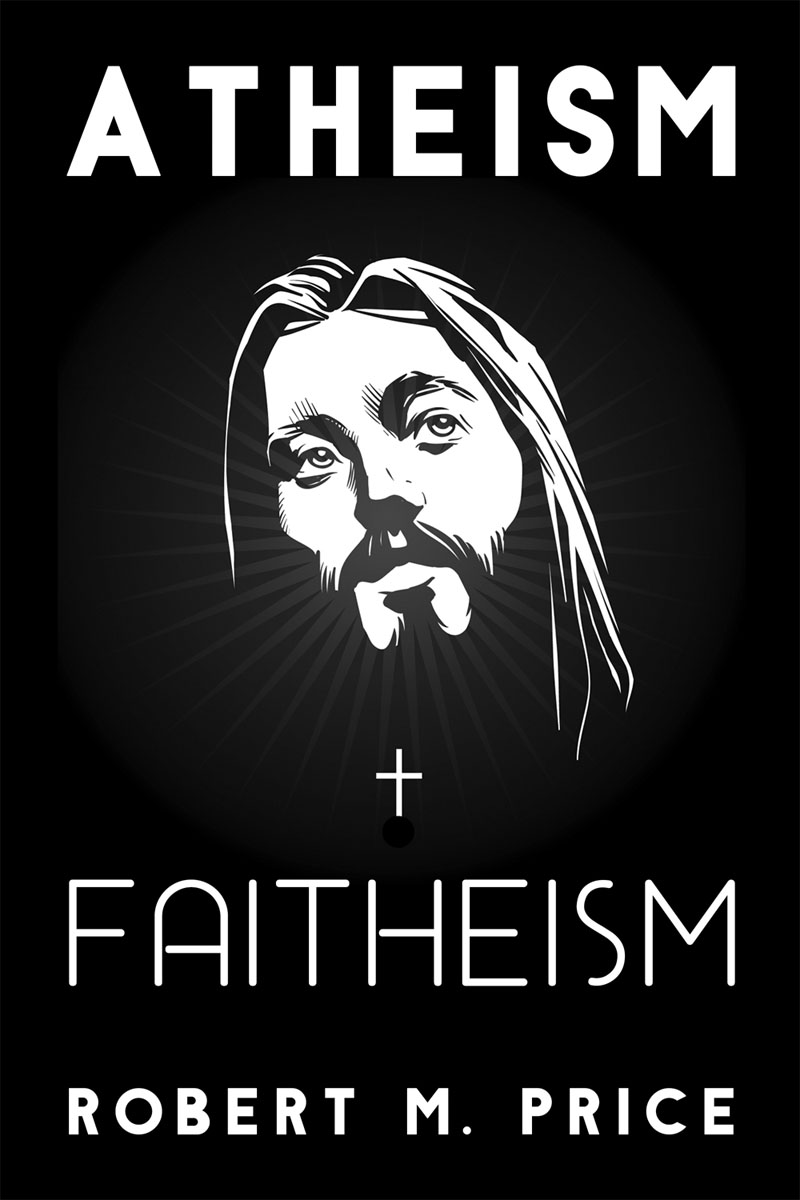

Pitchstone Publishing
Durham, North Carolina
www.pitchstonepublishing.com
Copyright 2017 Robert M. Price
All rights reserved.
Printed in the USA
Most of the chapters in this volume were previously published as essays or presented as conference papers. For more, see the Credits at the end of this volume.
10 9 8 7 6 5 4 3 2 1
Library of Congress Cataloging-in-Publication Data
Names: Price, Robert M., 1954- author.
Title: Atheism and faitheism / Robert M. Price.
Description: Durham, North Carolina : Pitchstone Publishing, 2017. | Includes bibliographical references.
Identifiers: LCCN 2017024460| ISBN 9781634311342 (pbk. : alk. paper) | ISBN 9781634311366 (epdf) | ISBN 9781634311373 (mobi)
Subjects: LCSH: Christianity. | Religions.
Classification: LCC BR96 .P725 2017 | DDC 230dc23
LC record available at https://lccn.loc.gov/2017024460
To Jeff Lowder, the atheist Tom Cruise
CONTENTS
INTRODUCTION
This collection of my essays represents opinions and theories floated at various stages of my career. I have been at various times an agnostic, an exponent of Liberal Protestant theology, a non-theist, a secular humanist, a religious humanist, a Unitarian-Universalist wannabe, an unaffiliated Universalist, and a Fellow of the Jesus Seminar. Am I forgetting anything? Any way you cut it, my name is Legion. These chapters show me thinking out loud, or rather, thinking in print. I have grouped them by subject area. The initial section, Criticizing Christianity, is three times the size of any of the others. Why? Because they are the products of my extrication of myself, step by step, from Born Again Christianity in which I dwelt for some dozen years. I had to think it out carefully and in detail, and from numerous angles. I share these writings in case they may be useful to others engaged in the same struggle. C.S. Lewis said that he wasnt asking anyone to accept Christianity against his better judgment, if the arguments didnt seem convincing. Well, I say the same from the other side: I am merely trying to account for my decisions and opinions. I will not mind if you reject my views. I only hope to provoke your developing thoughts. Let a hundred flowers bloom!
I have a few things to say about the various great religions and their founders. I guess I am not a very good atheist because I continue to love these faiths. I admire and cherish them as endlessly fascinating creations/expressions of the human spirit. You have to do that if you claim to be a humanist, dont you? Surely humanists are at least partly anthropologists, right? Nothing human can be alien to us. To me, religion is art. And there is an art to studying religion. I once had to withdraw from an atheist educational program because I was expected to share the directors disdainful and mocking attitude toward the various religions. You dont have to believe in them, any of them, in order to love them. And you can never really understand a faith unless you look at it with empathy, in order to see what its adherents see in it.
I love theology, too. At the time I wrote some of these essays I considered myself an adherent of Radical (Deconstructive and Death-of-God) theology. Sometimes I still do. I prefer Nietzsches proclamation that God is dead to the straight-laced party line of purely secular atheism. But I have gladly written from the standpoint of old-time Freethought, too, and I gladly include some of those pieces, too.
But, as you know, I am the Bible Geek, and the Bible is my main focus of interest. So naturally I have chosen a hand full of my biblical studies. I cant keep awake reading much of todays scholarly pedantry. But I am careful to get my ducks in a row, to adhere to the standards of professional scholarship, even while being venturesome and speculative.
Again, I see my job not as framing dogmas but just to raise questions and possibilities you might not have considered before. I love it when other scholars do me that favor. So Im trying to repay that debt by paying it forward.
Robert M. Price
PART ONE: CRITICIZING CHRISTIANITY
1
MUST WE TAKE A LEAP OF FAITH? (HAVE WE ALREADY?)
I want to respond briefly to a challenge frequently issued by well-meaning religious believers to the rest of us. In fact I am sure most readers will have been confronted personally with this challenge, namely, that a leap, or at least a step beyond reason is required if one is to live a full and well-directed life. The believer does not mean to violate reason, since reason is deemed fine as far as it goes. It just is not perceived as going far enough. It is held that the living of human life requires fundamental answers beyond the kind available from mere logic. Thus, the challenge continues, a leap (or step) of faith toward belief in the Bible (or Reverend Moon, or whatever) is advisable. Only so can we be sure of the meaning of life, the proper moral code, etc. Fair enough. In the interests of friendly dialogue and mutual understanding, I want to take these claims seriously, and to indicate where I believe they fail to convince.
THE LIMITS OF REASON
First, in what way is reason said to be deficient? This claim is made in three different forms.
Sometimes the charge denotes the doctrine of the noetic effects of the fall, an implication drawn by some Calvinists (e.g., Cornelius Van Til) from the larger doctrine of total depravity. Reality, it is held, truly operates according to reason and logic; the trouble is that sin has so blinded and warped the rational faculty of man that his logical capacity is a very poor one, and is fundamentally distorted. Otherwise, it would be plain to everyone that the Bible is the Word of God, etc. This argument is not to be taken too seriously, for its allegation must apply equally to the logical faculty of the one making the charge, at least so long as his words are understandable, however unconvincing, to the unbeliever. (If the Calvinists pre-fall reason were regenerated and restored, would we sinners even be able to understand him?) Besides, since the only reason we know, the only logic we refer to by using that word, is being proscribed here, the result is the same as if we were simply being told to abandon reason in favor of a gnostic mysticism. And this is in fact what we are being told to do.
A second form of the not reason alone claim is that post-fall reason is still functional and healthy in itself, but that we unbelievers are suppressing the truth in unrighteousness. The facts are supposed to be plain, an open-and-shut case as a matter of fact. Reason alone should lead any open-minded person to believe in the Bible (or the Divine Principle, or whatever). The trouble is that unbelievers are not open-minded. We are really just throwing out a smokescreen to avoid repenting, because weve got something to hide. Men love darkness rather than light, for their deeds are evil.
Therefore, only repentance and faith will take away the veil, and allow right belief to prevail. Again, this claim may quickly be brushed aside. It is a bald-faced ad hominem argument. It merely charges one with bad faith instead of actually dealing in logical refutation.
A third, and more weighty, form of the argument is that there is too much more to reality and to human life to allow us to remain content with what reason can provide unaided. Indeed isnt it easy to agree that the error of scientism is its imperious arrogance in ruling that only the quantifiable is real? Werent the original logical positivists properly taken to task for not admitting that there are always other language games besides that of the scientifically demonstrable, in which statements may be judged meaningful? So the basic premise seems justified. Yet the way in which it is employed by the apologist for faith may seem more controversial.
Next page
